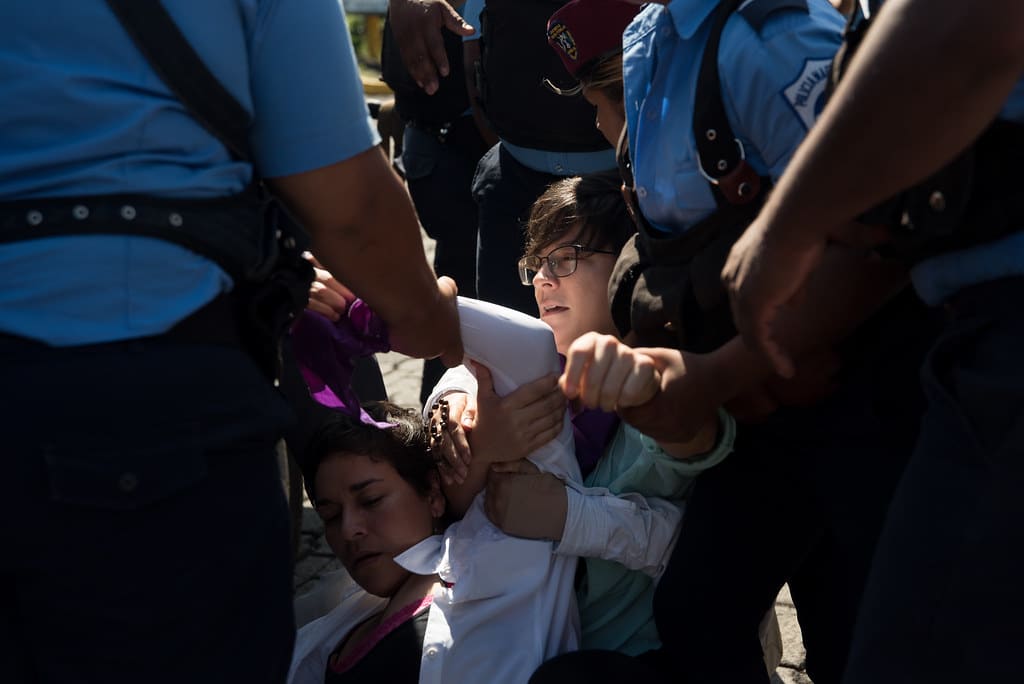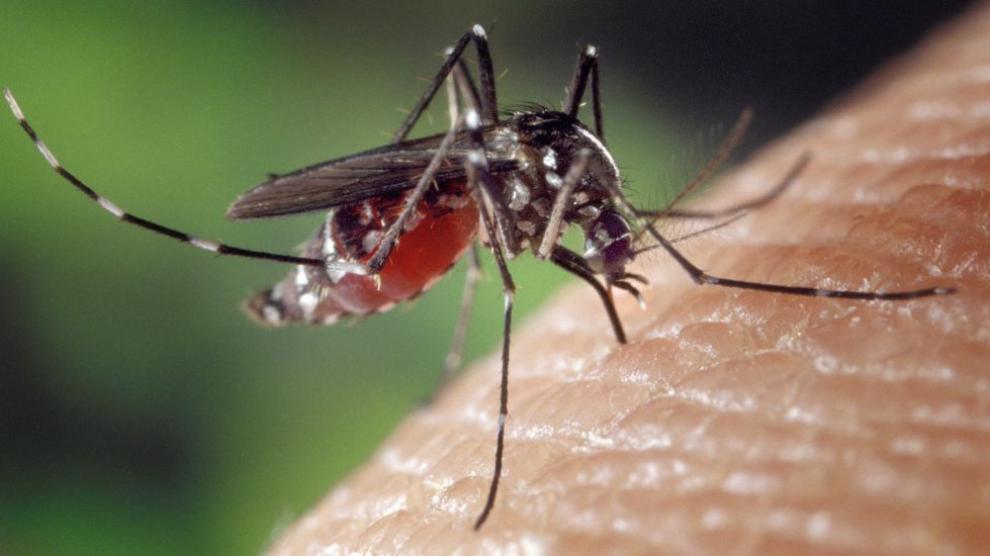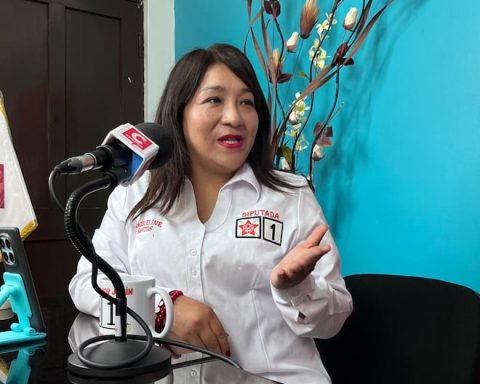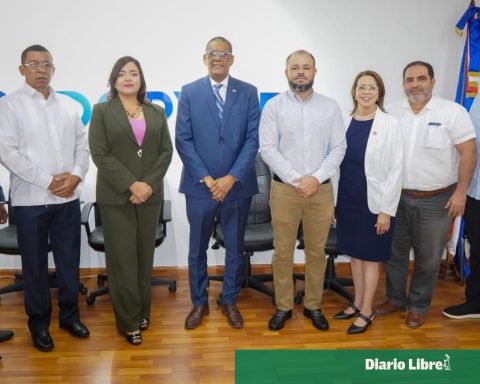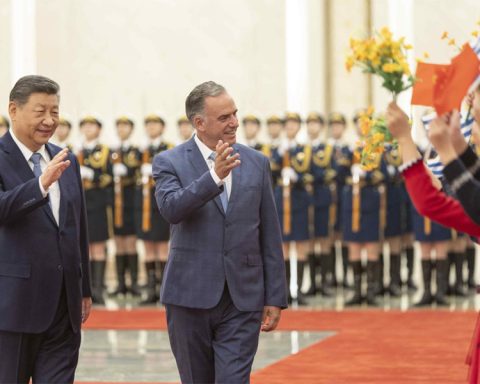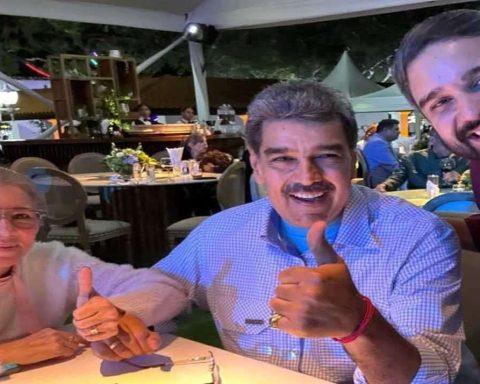The criminalization of human rights defenders and political dissidence “has been one of the main instruments of control” of the regime of Daniel Ortega and Rosario Murillo in the midst of the totalitarian drift of recent years, warned the Center for Justice and International Law (Cejil) and the Initiative Mesoamerican Women Defenders of Human Rights (IM-Defenders).
research based Persecuted for defending and resisting. Criminalization of women human rights defenders in Honduras, Nicaragua and Mexico, Presented in San José, Costa Rica, both organizations concluded that criminalization has been used “recurrently” by the regime.
“Since before 2018, criminalization had already been used recurrently by the government of Daniel Ortega to persecute feminists, after they supported the rape complaint filed against him by Zoilamérica Narváez, daughter of his wife and current vice-president. President Rosario Murillo, and that they oppose the criminalization of abortion that Ortega agreed to with the Catholic hierarchy,” the document reads.
Another case of criminalization undertaken by the regime and documented in this investigation is the one developed against the peasant leader Francisca Ramirez and all the people who raised their voices against the Interoceanic Canal megaproject that threatened the territories and lives of many peasant communities in southern Nicaragua.
a violent process
The investigation emphasizes that criminalization in Nicaragua “goes beyond judicialization processes” and is manifested through “a multiplicity of violence” such as accusations, stigmatization, harassment, cancellation of organizations, civil death, migratory repression or exile, among others, which have serious impacts on the lives and struggles of WHRDs and their families.
In the case of the defenders who are lawyers for political prisoners, “they identify that as part of the criminalization processes they also face retention and withdrawal or the threat of withdrawing their titles as litigants, which causes them concern and frustration.” says the document. Both the lawyers and the families have indicated that they are subjected to extreme searches and controls at the entrances and exits of the country’s prisons.
“The strategies employed by the Government alternate and sharpen as it adopts an increasingly violent and authoritarian stance. In addition, they intensify as the defenders persist in defending human rights, going from actions such as sieges or taking photos to investigations that facilitate the use of criminal law for their subsequent persecution”, the investigation highlights.
Imprisoned feminists and defenders
Currently, “in Nicaragua there are more than 200 political prisoners, 21 of whom are women; including several feminists and human rights defenders, such as Tamara Dávila, who was one of the defenders participating in the investigation and who, like the rest of the political prisoners, continues to be deprived of liberty under inhumane conditions of solitary confinement, isolation and unsanitary”, the document reads.
Silvia Gutiérrez, political activist and daughter of political prisoner Evelyn Pinto, and human rights defenders Ana Quirós, Alexandra Salazar and Wendy Flores participated in the preparation of the chapter on Nicaragua. All the testimonies were collected virtually, five individual interviews and four focus groups were conducted, which also included the participation of the lawyers in charge of the cases.
“Among the criminalized defenders are women who come from different struggles. Many of them have extensive careers and vast experience in defense of women’s rights, but the sociopolitical and human rights crisis that erupted in April 2018 forced them to work on issues related to political violence and to deal with cases of criminalized women. and political prisoners,” the document warns.
The investigation emphasizes that the sociopolitical crisis that Nicaragua is going through “marked the transition to a scenario in which the defense of human rights is carried out in a context of total hostility and in which the means previously used to curb state violence no longer exist.” do they work”.
